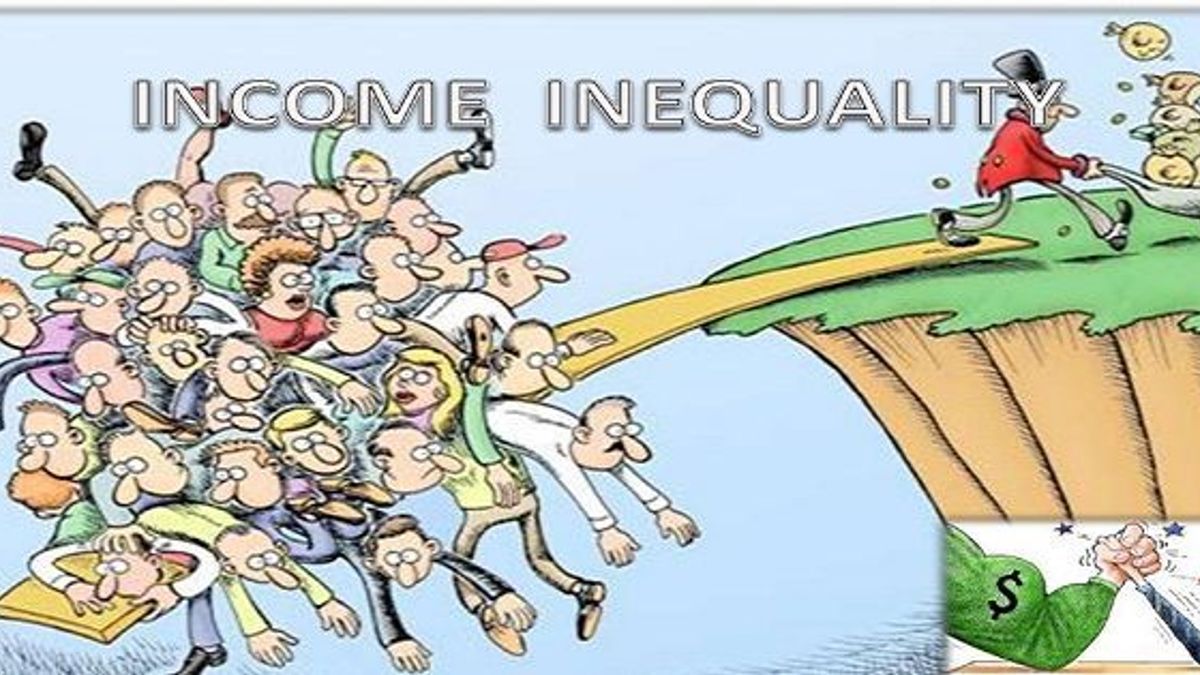- By JE Business Desk
- Mon, 16 Jan 2023 02:36 PM (IST)
- Source:JND
THE WEALTHIEST one per cent in India owns more than 40 per cent of the country's total wealth, while the bottom 50 per cent of the population collectively shares just 3 per cent of wealth, a new study by Oxfam showed on Monday.
Releasing the India supplement of its annual inequality report on the first day of the World Economic Forum Annual Meeting here, rights group Oxfam International said that taxing India's ten-richest at 5 per cent can fetch entire money to bring children back to school.
📢 New report alert!
— Oxfam India (@OxfamIndia) January 16, 2023
. @OxfamIndia's latest report, 'Survival of the Richest: The India story' deep dives into staggering inequality in India.
The richest 21 Indian billionaires now have more wealth than 70 crore Indians.
Link- https://t.co/DPCnEvYrrB#InequalityIsUnacceptable pic.twitter.com/o14P6n7IVO
The combined wealth of India’s 100 wealthiest persons reached Rs 54.12 lakh crore in 2022, Oxfam said in its report titled ‘Survival of the Richest: The India Supplement’. The total wealth of the 10 richest Indian stood at Rs 27.52 lakh crore in 2022, a 32.8% rise from 2021.
"A one-off tax on unrealized gains from 2017-2021 on just one billionaire, Gautam Adani, could have raised Rs 1.79 lakh crore, enough to employ more than five million Indian primary school teachers for a year," the report added.
On gender inequality, the report said that female workers earned only 63 paise for every 1 rupee a male worker earned.
For Scheduled Castes and rural workers, the difference is even starker; the former group earned 55 per cent of what the advantaged social groups earned, and the latter group made only half of the urban earnings between 2018 and 2019.
Oxfam said the report uses qualitative and quantitative information to explore the impact of inequality in India.
Since the pandemic began, up until November 2022, billionaires in India have seen their wealth surge by 121 per cent or Rs 3,608 crore per day in real terms, Oxfam said.
The report added that taxation could exacerbate inequalities if tax structures are not progressive in nature.
In a progressive taxation system, the tax rate increases as the taxable amount increases. Oxfam India pointed out that in India, while the income tax rates are based on income, indirect taxes are the same for all individuals irrespective of their earnings.

